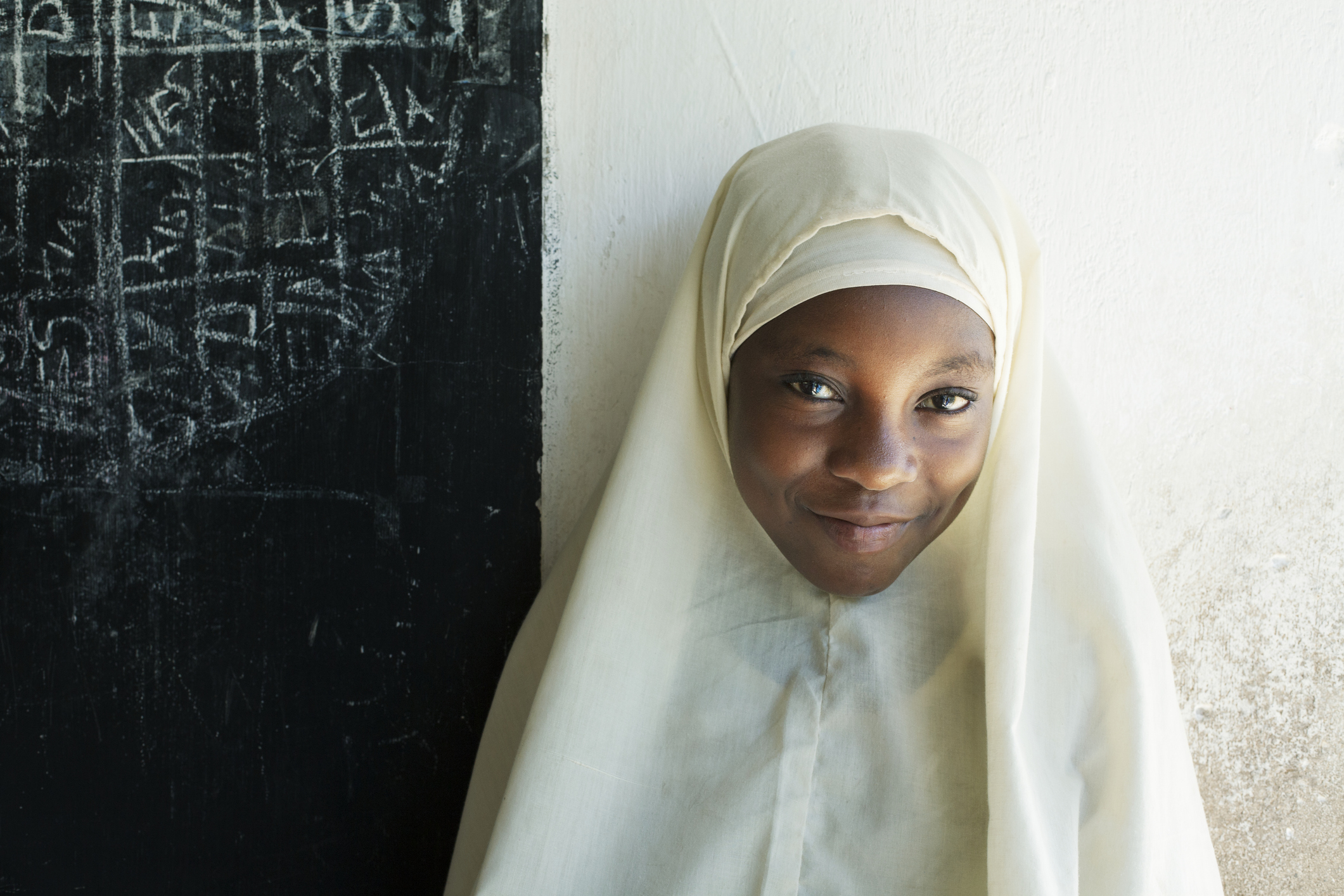A study by PhD student Aisha King and colleagues explores the intricate connections between religion, sociocultural norms, and the stigma surrounding menstruation among adolescent girls in Tanzania.
For the study, the researchers undertook two concurrent data collection approaches: a survey and in-depth interviews. A survey involving 509 post-menarche girls from five schools assessed the relationship between religion, religion-based menstrual restrictions, and menstrual stigma, while controlling for differences between schools. In-depth interviews with 10 adolescent girls and 10 adult key informants provided a deeper understanding of the lived experiences of these girls.
The survey revealed that 52% of Christian girls and 76% of Muslim girls reported experiencing religion-based menstrual restrictions. Certain restrictions, such as being prohibited from praying during menstruation, were found to be more common among Muslim girls. Additionally, Muslim girls self-reported experiencing higher levels of menstrual stigma in comparison to their Christian counterparts. Interviews highlighted the substantial influence of sociocultural contexts – including religion, tribe, education, and family support – in shaping menstrual restrictions and stigma. While the surveys did not establish a direct correlation between menstrual restrictions and stigma, interview participants emphasized that these restrictions significantly contribute to feelings of shame and embarrassment.
The researchers stress the necessity of culturally sensitive interventions to mitigate menstrual stigma and enhance the well-being of adolescent girls in Tanzania. They suggest collaborative efforts with religious leaders, schools, and families to cultivate positive attitudes towards menstruation and challenge detrimental restrictions.
“Addressing the underlying causes of menstrual stigma and equipping girls with the necessary resources and support can help to create a more equitable and empowering environment for adolescent girls,” says King.




